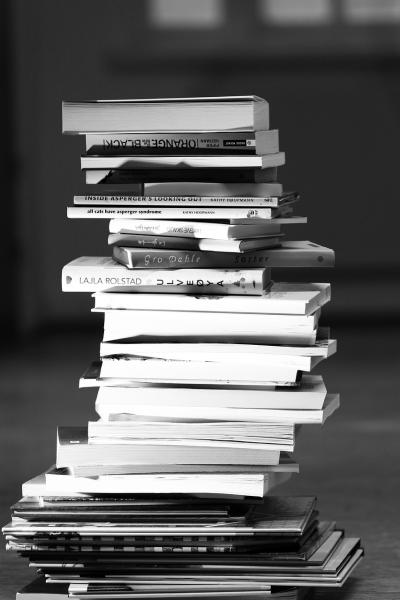This one is for Thom, our President and a very avid coffee drinker. The dirty dozen fruits and vegetables were not enough; now, the Environmental Work Group is coming after decaffeinated coffee.
“Consumer health advocates are petitioning the Food and Drug Administration to ban a key chemical, methylene chloride, used to decaffeinate coffee beans. While the chemical is almost entirely removed during the decaffeination process, advocates say that a little-known nearly 66-year-old federal law mandates the agency ban the additive because it has been proven to cause cancer in rodents.”
From Stat, Does decaf coffee contain a harmful additive? Advocates want to ban a certain chemical in the brew
The opioid crisis has been with us since the war.
“After the war’s end, Jones writes, some veterans continued using the drugs to address chronic health issues that lingered for years after their service. And some found themselves habituated to using opiates as an antidote to emotional agitation or fatigue. The rate of opioid addiction rose sharply after the war.”
Of course, the war in question was the Civil War. From JSTOR Daily, The Post-Civil War Opioid Crisis
Picasso said that one should steal like an artist, “copying” the work of others to the extent that you incorporate it and “make it your own.” With AI all the rage, copying like an artist may become “a thing.”
“Google plagiarism and you will find definitions like “stealing someone else’s ideas” or “literary theft.” Here the emphasis is on the stealing–it’s the original author who is being harmed. I prefer the definition of plagiarism given by Wikipedia, plagiarism is the *fraudulent* use of other people’s words or ideas. Fraudulent emphasizes that it’s the reader who is being cheated, not the original creator. You can use someone else’s words without being fraudulent. We all do this. If you copy a definition or description of a technical procedure from a textbook or manual you are using someone else’s words but it’s not fraudulent because the reader doesn’t assume that you are trying to take credit for the ideas.”
This is not far removed from Picasso’s more pithy enunciation. From Marginal Revolution, In Defense of Plagiarism
Finally, I’ve written often about how our desire for apps has triumphed over our desire for privacy. This is especially true for our phones, which track us everywhere. The government can buy the data from a data broker; they needn’t get a subpoena, which is bothersome. But consider this particular miscreant and his friends.
“Nearly 200 mobile devices of people who visited Jeffrey Epstein’s notorious “pedophile island” in the years prior to his death left an invisible trail of data pointing back to their own homes and offices. Maps of these visitations generated by a troubled international data broker with defense industry ties, discovered last week by WIRED, document the numerous trips of wealthy and influential individuals seemingly undeterred by Epstein’s status as a convicted sex offender.
The data amassed by Near Intelligence, a location data broker…”
From Wired, Jeffrey Epstein's Island Visitors Exposed by Data Broke




